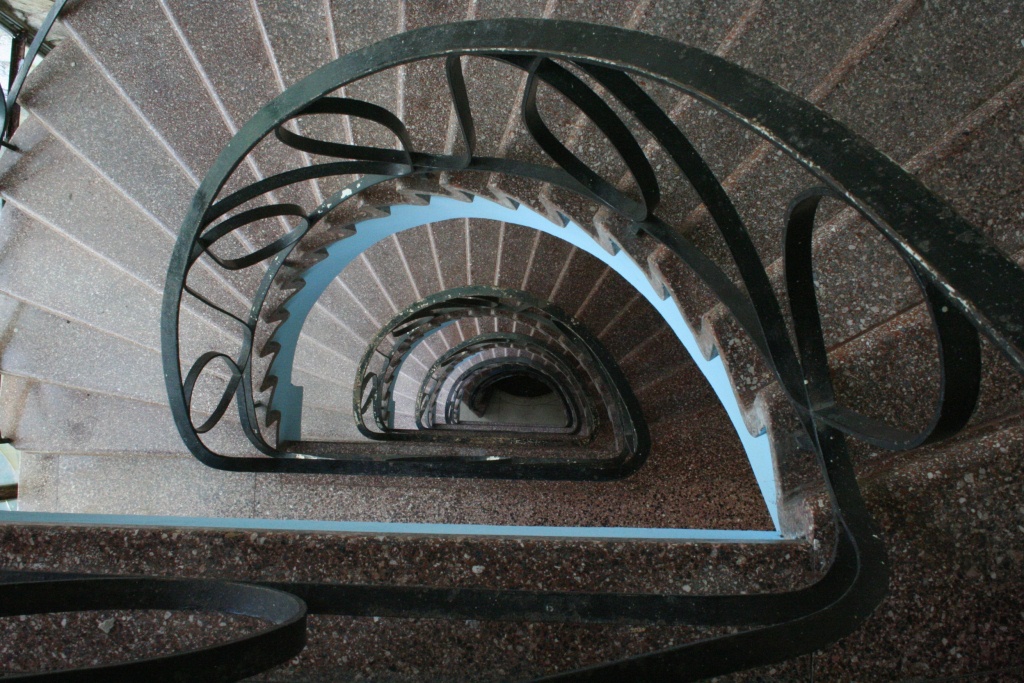
A few days ago a friend asked me whether, if I had gone on a hunger strike five years ago, our case would have had the same outcome. Without hesitation I said no, and doing so caused me to immediately stop and ponder the differences, in terms of internal political circumstances between then and today.
The Cuba of 2007 still faced the uncertainty of the transfer of power from Fidel to Raul Castro, which, it was conjectured inside and outside the country, would create a power vacuum and I don’t doubt that this would have made the Leadership of the country more likely to take extreme positions. The streets of the Havana were the scene for the marches of the Ladies in White in pursuit of freedom for the prisoners of the Black Spring; the alternative Cuban blogosphere did not have the maturity it exhibits today; there were not the civic initiatives that emerged later — for example the Cuban Law Association and projects such as Estado de SATS — which imprinted, with the passing of years, a different dynamic with regards to the embryonic civil society and its projects towards the authorities and vice versa. In the Cuba of 2007, neither Zapata, Wilfredo Soto nor Wilmar Villar had died, Coco Farinas had not come to the end of his hunger strike, nor had the prisoners from that cause of 2003 been released into exile.
During these five years, Cuban society has seen transformations, some more obvious, others more underground. The same tensions have accumulated, a product of the confrontation between the opposition and a power which, although it has taken some steps in the sense of “legalizing” some property transactions and has made access to the small family business more “flexible,” it remains reluctant to opening, unconditionally and definitively, the door to more far-reaching civil rights such as freedom of travel, the right to freedom of association and access to an objective and uncensored press, plus it continues to staunchly forbid Internet access.
But despite everything, Cuban society has long ceased to be that bell jar isolated from the world of the 70s and 80s. Undoubtedly, it is no longer the same. The alternative blogosphere, based on social networks like Twitter, has built its own paths and today is an open window through which the world looks at that part of Cuba that it does not see on the news; the Ladies and White are not stopped before the scandalous mobs organized by the Communist Party and State Security; the death of Zapata marks a turning point, avoiding the death of Farinas and causing, finally, the release of the political prisoners from 2003 and later of other causes.
The subsequent deaths of Soto and Villar ended up drawing attention to the issue of repression in the center and east of the country, undoubtedly more dramatic than in the west and the capital. All this has called the attention of a civil society that is not yet definitive in its courses, and that seems disjointed under repeated waves of repression and the systematic work of the counterintelligence, but that has come to represent an underlying tension, a silent resistance to the all-embracing government of Raul Castro, which, on the other hand has been rather more pragmatic than that of his predecessor in the economic leadership of the country.
In the midst of this agitated dynamic both parties are rearranging their forces, learning their own lessons and evolving each in its own way. Civil society now has mechanisms that have broken, once and for all, the information monopoly that the State has held for decades and they now have to be taken into account by it when making decisions. To this complex Cuba Pope Benedict XVI came recently and it was in this context that the outcome of our case was resolved after 5 years of unsuccessful claims. Events like this would definitely never have happened in Cuba in 2007, it would have been unthinkable then, and this shows that, somehow, we are evolving. In this dialectical spiral of contradictions Cuba’s future is emerging, perhaps not at the pace we need or want but I am sure we are no longer exactly the same, not one side or the other.
April 25 2012
